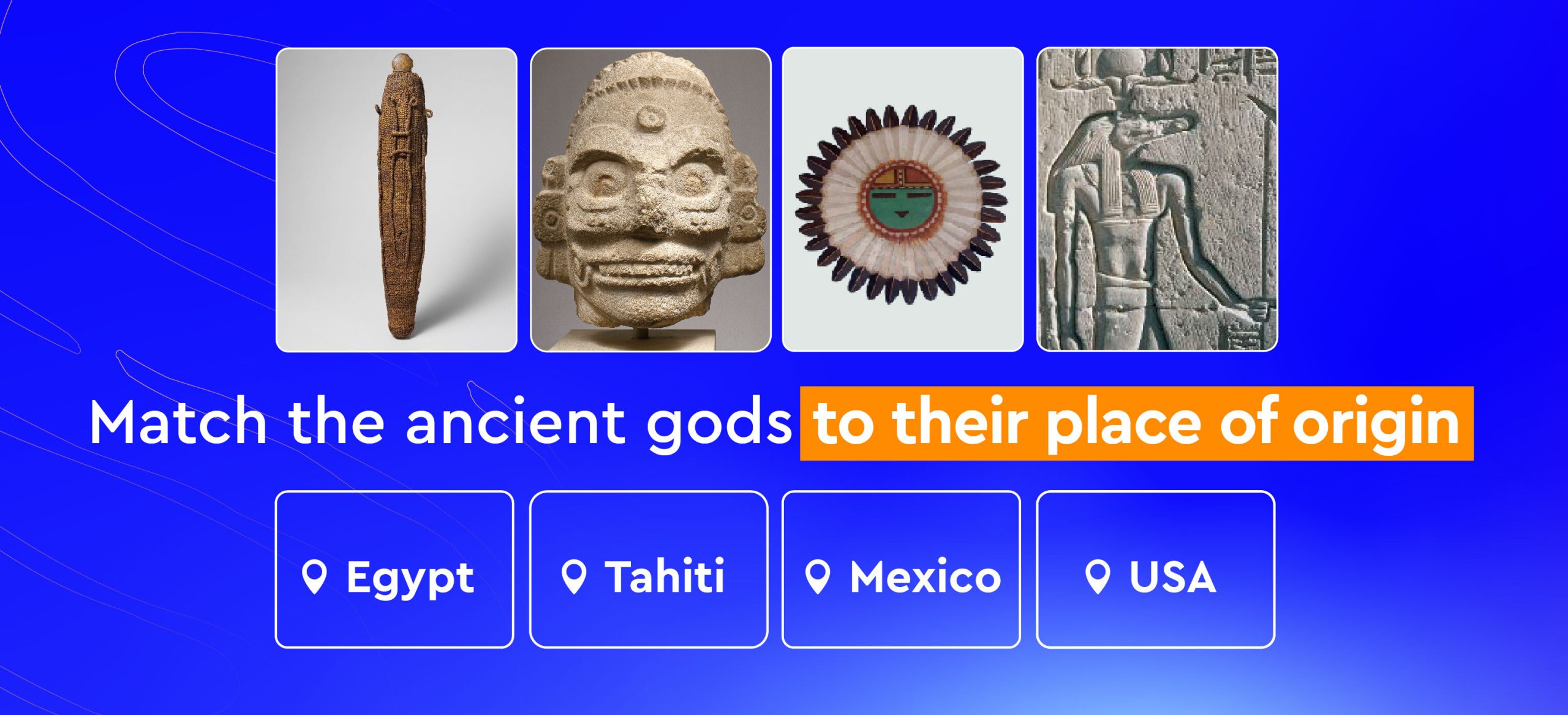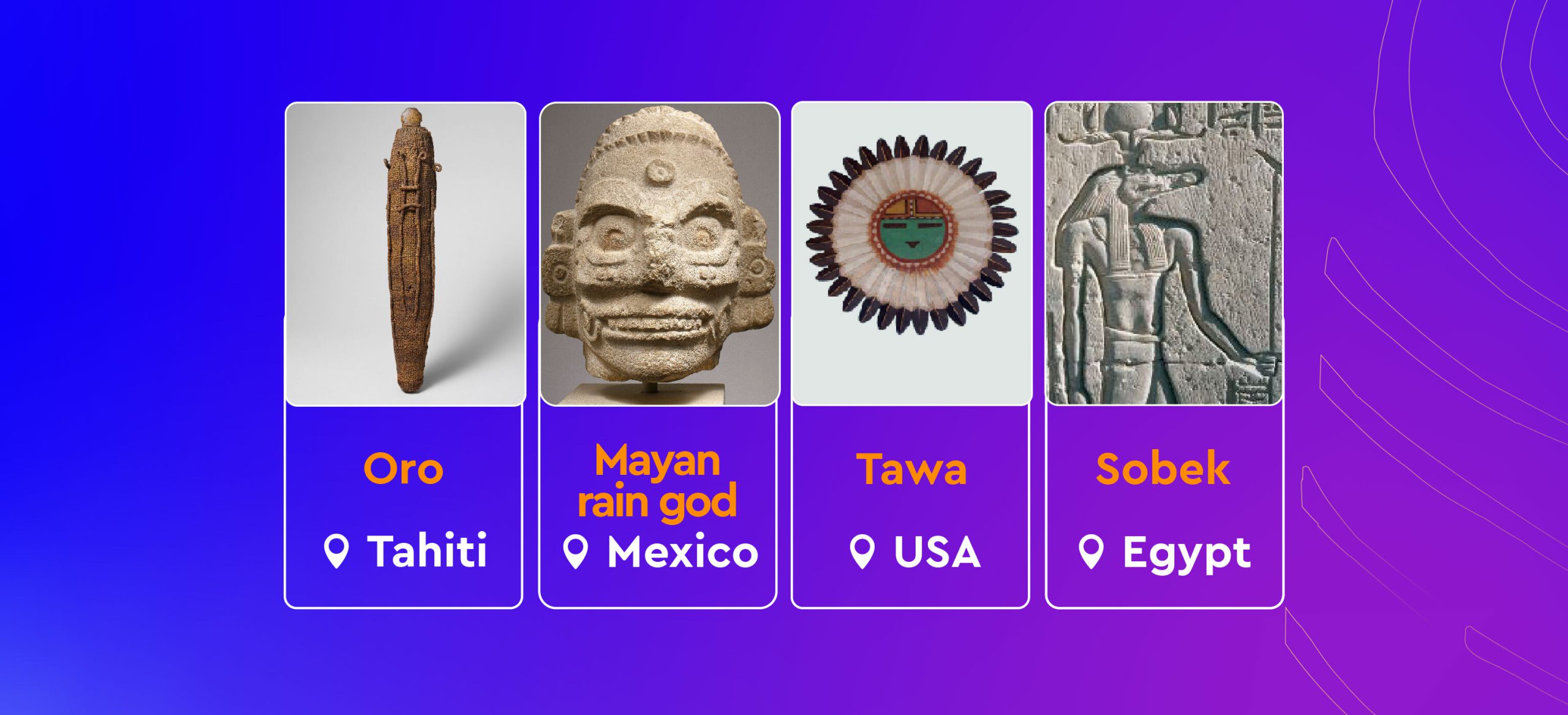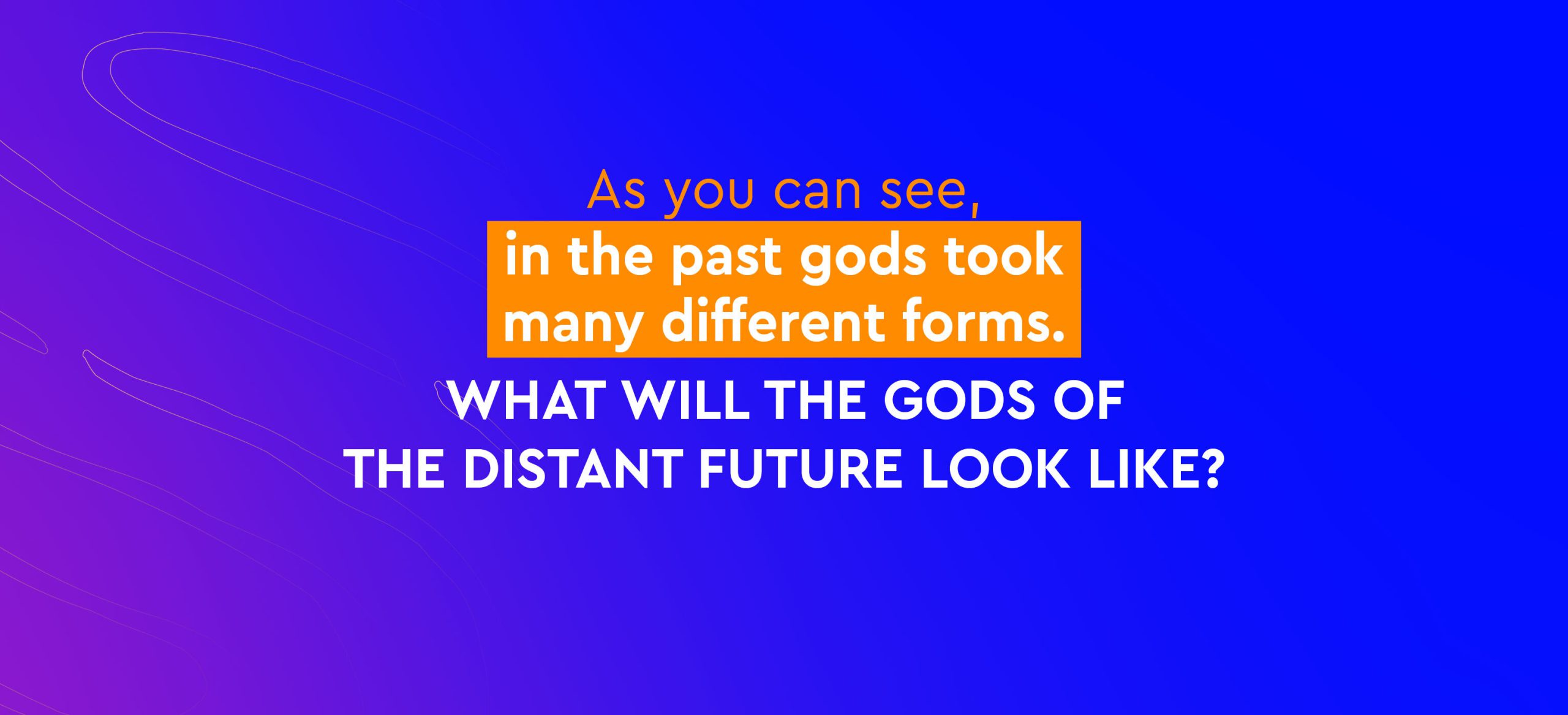

Is There a True God?
Is There a True God?
Over the course of history, nations went to war to defend their “true” god. But even if you believe in god, who gets to decide which god is real and which isn’t?
Whether made of stone, feathers or coconut fibers, images of the divine give a form to forces outside of human control. Whether appealing to them for rain or victory in battle, building them temples or making sacrifices in their names, humans have worked extraordinarily hard to please different gods. In this sense, we can say that gods are hugely influential—even if they don’t exist.
This last sentence is considered sensitive, if not taboo in certain cultures. Over the course of history, nations went to war to defend their “true” god, and anti-blasphemy laws still exist in many countries. But even if you believe in god, who gets to decide which god is real and which isn’t?
And while we know how the gods of the past looked like, the notion of gods in the future is still a mystery. Sure, many gods will probably still have an important part in people’s lives but new gods may arise, different from everything we have come to know.
Today, advances in artificial intelligence have enabled the creation of computer programs that continually improve at their tasks in ways that are often beyond human comprehension. Such AI programs can acquire various skills and can surpass human performance in those areas.
For example, if an AI can precisely discern climate patterns, determining the best times and places to sow and harvest, why shouldn’t we regard it in the same manner as ancient societies revered fertility gods? If an AI can predict and safeguard against potential human deseases, offering tailored remedies before symptoms even arise, might we not venerate it in the same manner as ancient societies honored their gods of healing and protection?
Group Activity
- Divide the group into several teams.
- Pick one of the questions from the list below and let each team discuss it and then present their thoughts to the group; Alternatively, assign each team with a different question, and when they present it to the group ask the remaining teams for their thoughts as well.
- Ask the students to come up with a god that is relevant to their life in today’s world: What would be their name? Will they have an image, and if so what would it be?
Questions
- Do you think other human species, like Neanderthals, had gods?
- We know very little about Neanderthals’ inner lives. A recent discovery could offer clues as to whether or not they practiced some sort of religion, but it is still very far-fetched. Read about it here.
- Do you think humans will ever become godlike?
- Is there anything that all gods have in common?
- Why do you think gods are such a universal part of human culture?
- In the past gods took many different forms. What will gods look like in the distant future?






